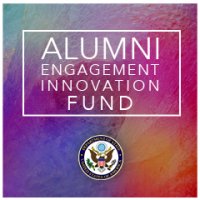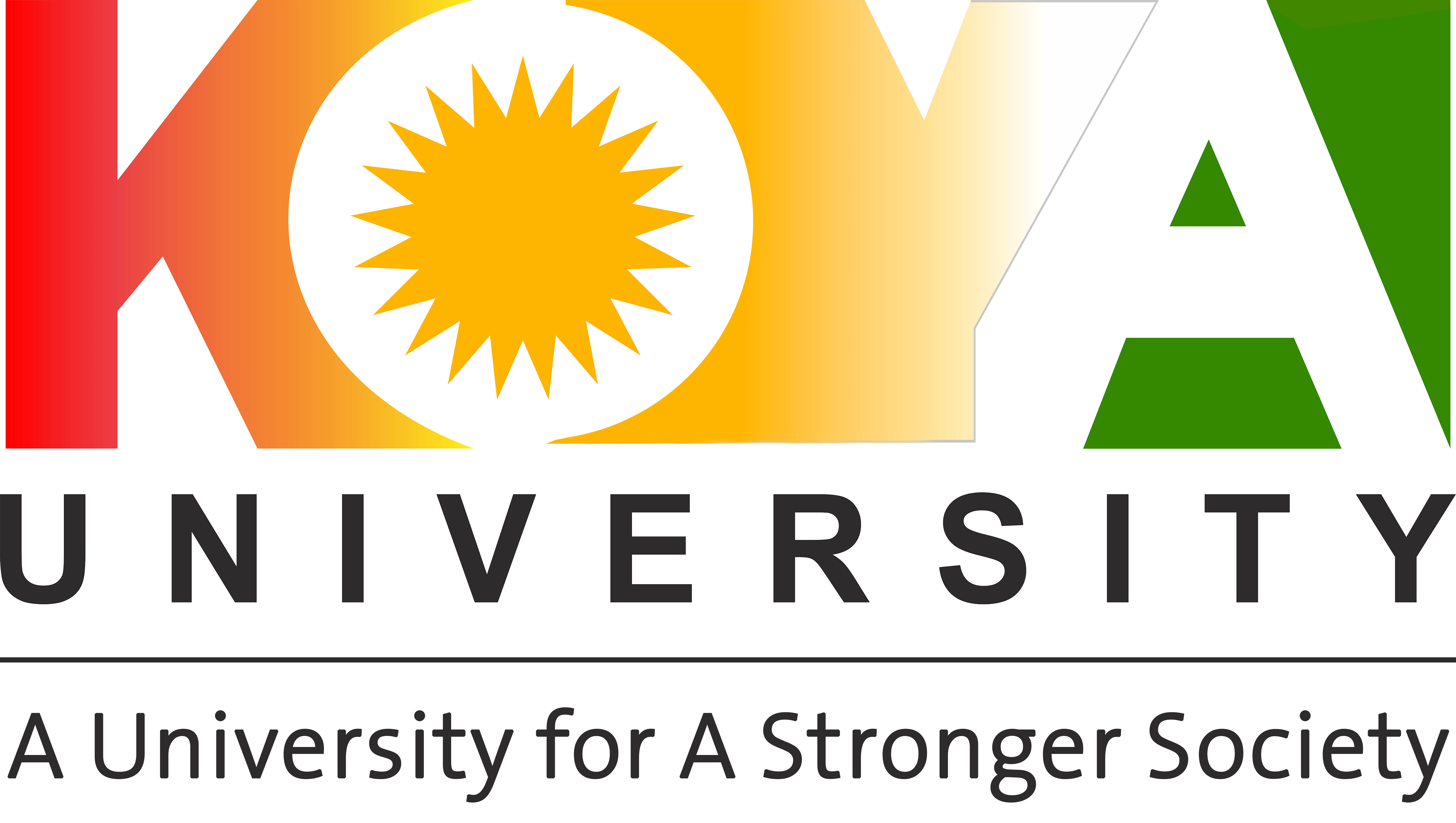A team of Fulbright Exchange Program Alumni from Koya University won a grant within the competition “ 2017 Alumni Engagement Innovation Fund (AEIF)” which is amongst the “ U.S. Embassy Grants Program “. The team were consist of: Mr. Peshawa J. Muhammad Ali, a lecturer from department of software engineering, Koya University, Dr. Hamid Abdulsalm from Spring International Language Center, Koya University, and the retired professor of Koya University Dr. Hamid Muhammad Jassim (currently working at UKH).
The project title is (English Language & Computer Skills Training Course for Students of Religious –oriented Schools & Institutions). The sum of the grant is 20800 US$ which will cover the different costs of two classes for a duration of 4 weeks ( for 25 students each) in November 2017 in both Erbil and Koya . Other two classes with the same number of students will be repeated in December 2017 in both cities. The late afternoon classes will be held in UKH and Koya University. The grant covers, lecturing fees, students transportation fees, coordinators transportation fees, soft drinks and refreshments, and some equipments and suppliers need for teaching process.
This project provides a short term English language course and computer skills for students of religious-oriented high schools. The course includes basic speaking, listening, reading, writing skills, and basic computer skills. These students will be future community and religious leaders in Kurdistan region of Iraq, therefore the impact of this course will extend to the community which follow religious leaders carefully. Total number of participant students will be 100 students, their age ranging between 13-19 years. The project will be implemented in three months, the students will be divided to four classes of 25 student, each class will get 80 teaching hrs. The aim of this project is to enable religious-oriented high school students to see how others work and learn in other environments out of their tradition religious schools, to learn how to accept other cultures especially those who speak English, and to learn how to use internet and new technology in their daily life. Simple oral tests will be conducted at the end of the month, and student’s feedback will be collected and analyzed, these will give a good evaluation for the project and how useful was it for students. It is expected that this project will be a step towards working against radical ideas and the start of longer training courses in this area.

